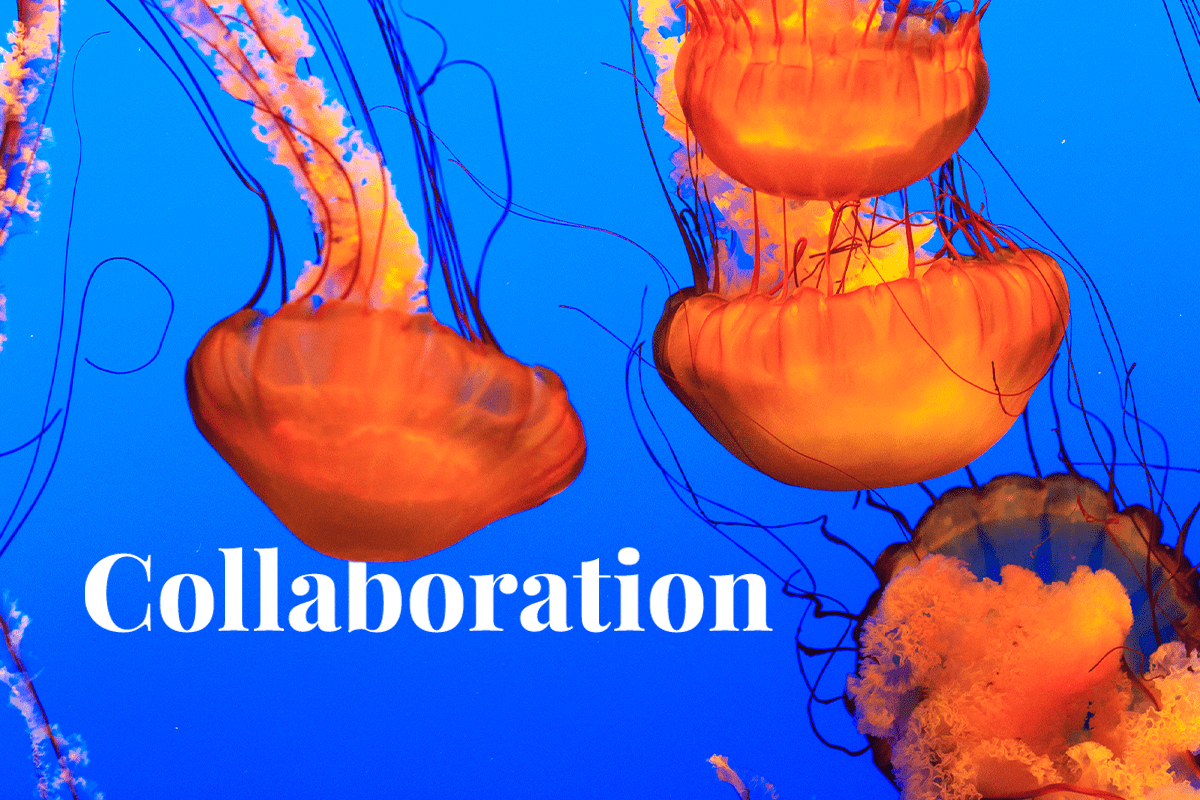In a move that highlights the increasing popularity of debt swaps for environmental causes, the Bank of America Corporation is set to organise a significant $500 million debt swap for marine conservation in Gabon, according to sources.
The West African nation of Gabon is taking innovative steps to restructure its debt by partnering with the Nature Conservancy. Through this partnership, Gabon aims to secure funds for a crucial marine conservation project. The debt swap arrangement is part of a growing trend that allows countries to address environmental challenges while managing their financial obligations.
 Pacific sea nettle (Chrysaora fuscescens), a common planktonic scyphozoan that lives in the eastern Pacific Ocean from Canada to Mexico.
Pacific sea nettle (Chrysaora fuscescens), a common planktonic scyphozoan that lives in the eastern Pacific Ocean from Canada to Mexico.
By engaging in this debt restructuring initiative, Gabon seeks to channel financial resources toward marine conservation, steering away from the conventional approaches to debt management. The collaboration between Gabon and the Bank of America signifies a progressive step in addressing environmental concerns through innovative financial mechanisms.
Read more: Understanding carbon credit futures: An overview of the carbon market
This strategic move not only showcases Gabon's commitment to environmental sustainability but also underscores the increasing recognition of the importance of preserving marine ecosystems. As debt swaps gain traction globally, they present a unique opportunity for countries to pursue both financial stability and ecological conservation.
The $500 million debt swap facilitated by the Bank of America will significantly boost Gabon's marine conservation efforts. By reallocating resources and exploring alternative avenues to fund critical environmental projects, Gabon sets a positive precedent for other nations to follow.
Read more: Landmark deal for carbon removal credits by NextGen CDR Facility
The Bank of America's role in orchestrating a $500 million debt swap for Gabon's marine conservation project highlights the growing interest in utilising innovative financial mechanisms to address environmental challenges. By restructuring its debt, Gabon paves the way for sustainable development and demonstrates its commitment to preserving marine ecosystems.
DGB Group applauds countries’ efforts towards nature conservation programmes. The increased interest in such conservation projects is encouraging, as it proves that their intrinsic value is increasingly more widely recognised. Nature-based solutions are the answer to many of the current challenges nature faces, and they’re one of the surest ways we can help nature prosper.
Join our mission and conserve nature

